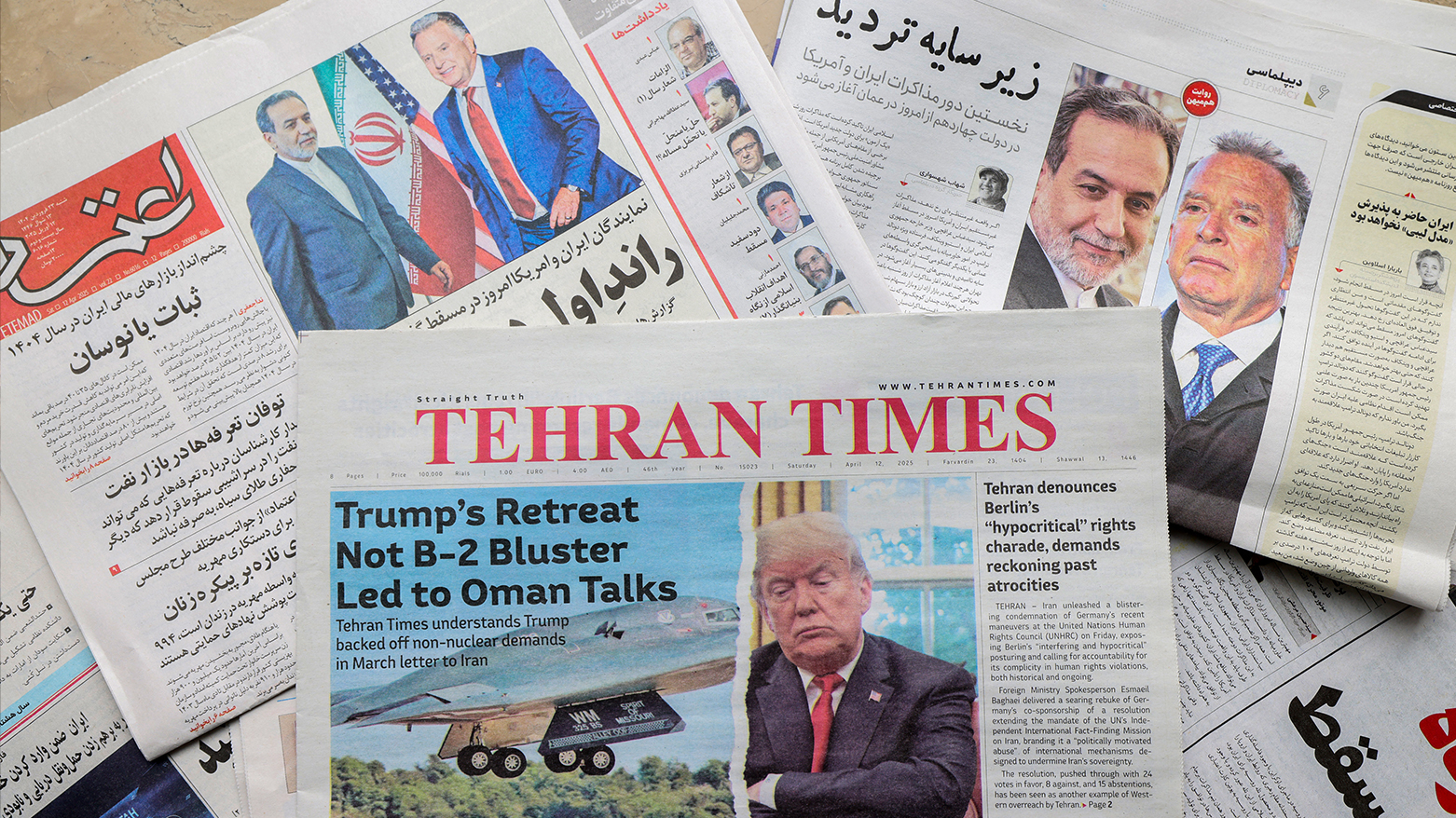UN Nuclear Watchdog Warns: Iran Closer Than Ever to Nuclear Weapons Capability
Rafael Grossi emphasized that Iran has already developed all the technical components necessary to construct a nuclear bomb.

By Ahora Qadi
ERBIL (Kurdistan 24) – The Director General of the International Atomic Energy Agency (IAEA), Rafael Grossi, cautioned on Wednesday, that Iran is no longer far from achieving full nuclear weapons capability, despite not yet officially possessing a nuclear bomb.
In an exclusive interview with the French daily Le Monde ahead of his scheduled visit to Tehran, Grossi stated: “Iran does not currently have a nuclear weapon, but it is very close to reaching that point.”
Grossi emphasized that Iran has already developed all the technical components necessary to construct a nuclear bomb. “It’s no longer sufficient for Tehran to merely tell the international community that its uranium enrichment program is for peaceful purposes,” he said. “Such claims must now be substantiated with action and verified transparency.”
He reiterated that the IAEA’s concern is not about declarations but about implementation. “Iran says it doesn’t want nuclear weapons. That’s not enough. It must prove it.”
Meanwhile, Iranian state news agency ISNA confirmed that Grossi has arrived in Tehran for high-level meetings. He is set to hold talks with Iran’s Foreign Minister Abbas Araghchi and the head of Iran’s Atomic Energy Organization, Mohammad Eslami.
The visit comes at a sensitive time amid escalating international concerns over Tehran’s nuclear trajectory. The IAEA chief’s remarks mark one of the strongest warnings yet about Iran’s potential to become a nuclear-armed state, underscoring the urgency of renewed diplomacy and concrete de-escalation measures.
Grossi’s visit is expected to focus on restoring the agency’s access to nuclear sites, verifying Iran’s uranium enrichment levels, and ensuring transparency in Iran’s atomic program — key demands from Western powers as tensions continue to mount.
The international community, particularly signatories to the Joint Comprehensive Plan of Action (JCPOA), remains deeply alarmed by Iran’s growing stockpile of highly enriched uranium and its refusal to fully cooperate with IAEA monitoring efforts.
As Grossi prepares to meet Iranian officials, observers see this visit as a critical test of Tehran’s willingness to re-engage with the global nuclear framework and avert a deeper confrontation with the West.